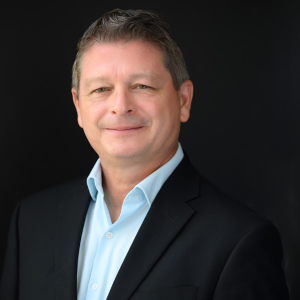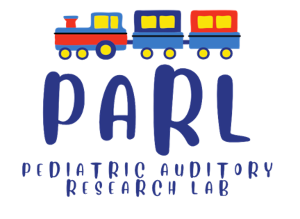School of Communication Sciences and Disorders
NEW FACULTY: MORLET


Dr. Thierry Morlet is an accomplished neuroscientist and researcher with a passion for understanding brain and hearing development in infants and children. He earned his PhD in Neurosciences from the University of Lyon in France and completed postdoctoral studies at Louisiana State University (LSU) in New Orleans.
“My original interest in neuroscience began during my adolescent years when the brain’s
different functions started to fascinate me,” Dr. Morlet shared. “That is when I decided
to become a ‘brain scientist,’ without knowing yet exactly what it meant. Beyond neuroscience,
I developed a particular passion for studying brain development in children. Studying
how the brain develops to become this incredible ‘machine’ has always been one of
my priorities. For example, the way most babies can learn language and how to speak
by listening and observing their caregivers is fascinating. As a student, I had the
opportunity to study hearing development in newborns. I jumped right in because I
knew there was a lot to do for those who were not born with this essential sensory
function.”
During his postdoc and early career at LSU, Dr. Morlet gained exposure to groundbreaking
clinical research, including auditory neuropathy, a newly discovered type of hearing
loss. Then, for over 18 years, he led the Auditory Physiology and Psychoacoustics
Research Laboratory at Nemours Children’s Health in Wilmington, Delaware. There, he
conducted basic and translational research on various types of hearing loss in infants
and children. He reflects, “I particularly enjoyed combining my research studies with
clinical activities, as it enabled me to acquire knowledge about diverse aspects of
human physiology, specifically including what can go wrong during human development.
Constantly engaging with patients reminded me of the real-world impact research can
have—and the work that still needs to be done to improve children’s lives.”
Dr. Morlet’s current research focuses on developing an objective measure to assess individuals’ speech processing abilities in noise through electrophysiological measures. This measure, he explained, “would be of significant clinical use in infants and young children well before their behavioral performances in quiet or in noise can be assessed reliably. Understanding the noise processing abilities of pre-verbal infants and children, especially those at risk for hearing loss or struggling to process speech in noise, will allow us to tailor individualized interventions—independent of the degree of hearing loss or the presence of assistive devices (e.g., hearing aids or cochlear implants).”
Dr. Morlet further emphasized the importance of clear speech access in everyday interactions for successful language development: “Many infants and children must navigate suboptimal listening environments, such as at home, daycare, or school, where noise levels often exceed recommended limits. Vulnerability to noise is even more critical in infants and children with hearing loss, as they struggle significantly more than their hearing age mates in noisy environments. Despite early intervention, many of these children do not reach age-typical language proficiency, even with appropriate hearing devices. I strongly believe further research could help us improve outcomes for these children and give them the support they need to succeed.”
In his first year at the University of Memphis, Dr. Morlet is excited to launch innovative
pediatric research projects through the newly established Pediatric Auditory Research
Laboratory (PARL). He looks forward to collaborating with colleagues at the School
of Communication Sciences and Disorders, engaging clinicians in the community, and
mentoring students in research. As both a researcher and educator, he is committed
to fostering student success and advancing the field of pediatric neuroscience and
hearing.
